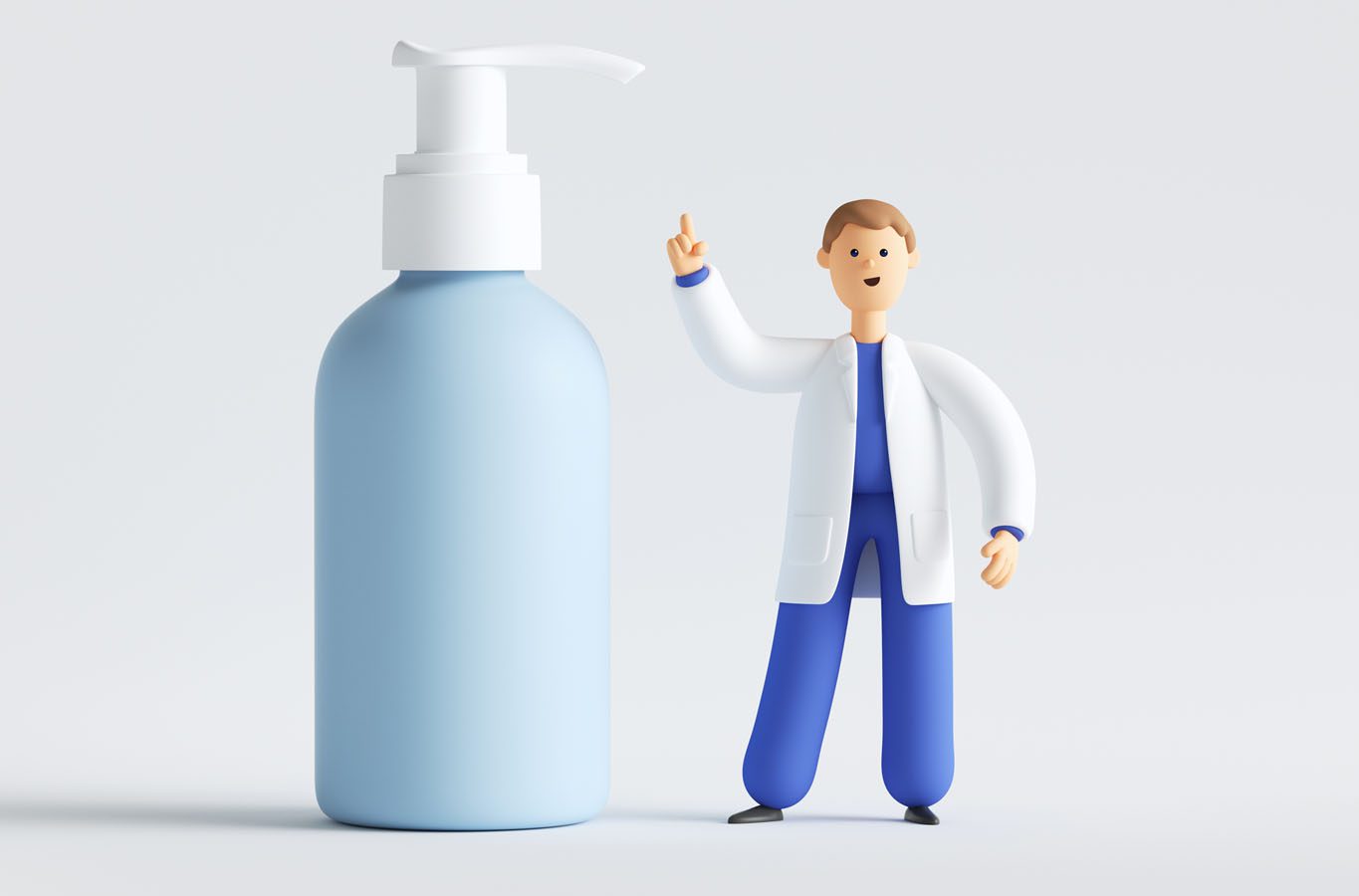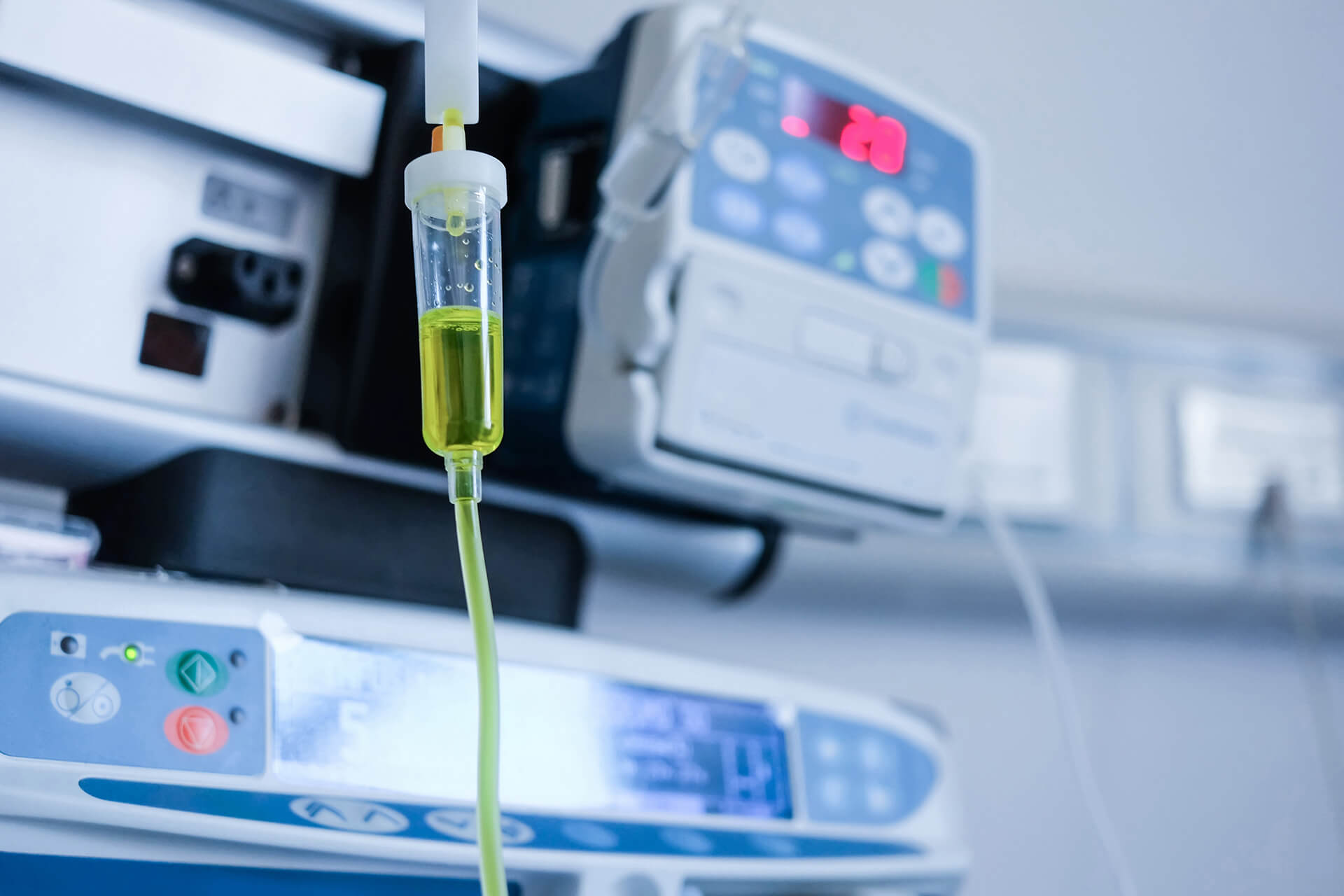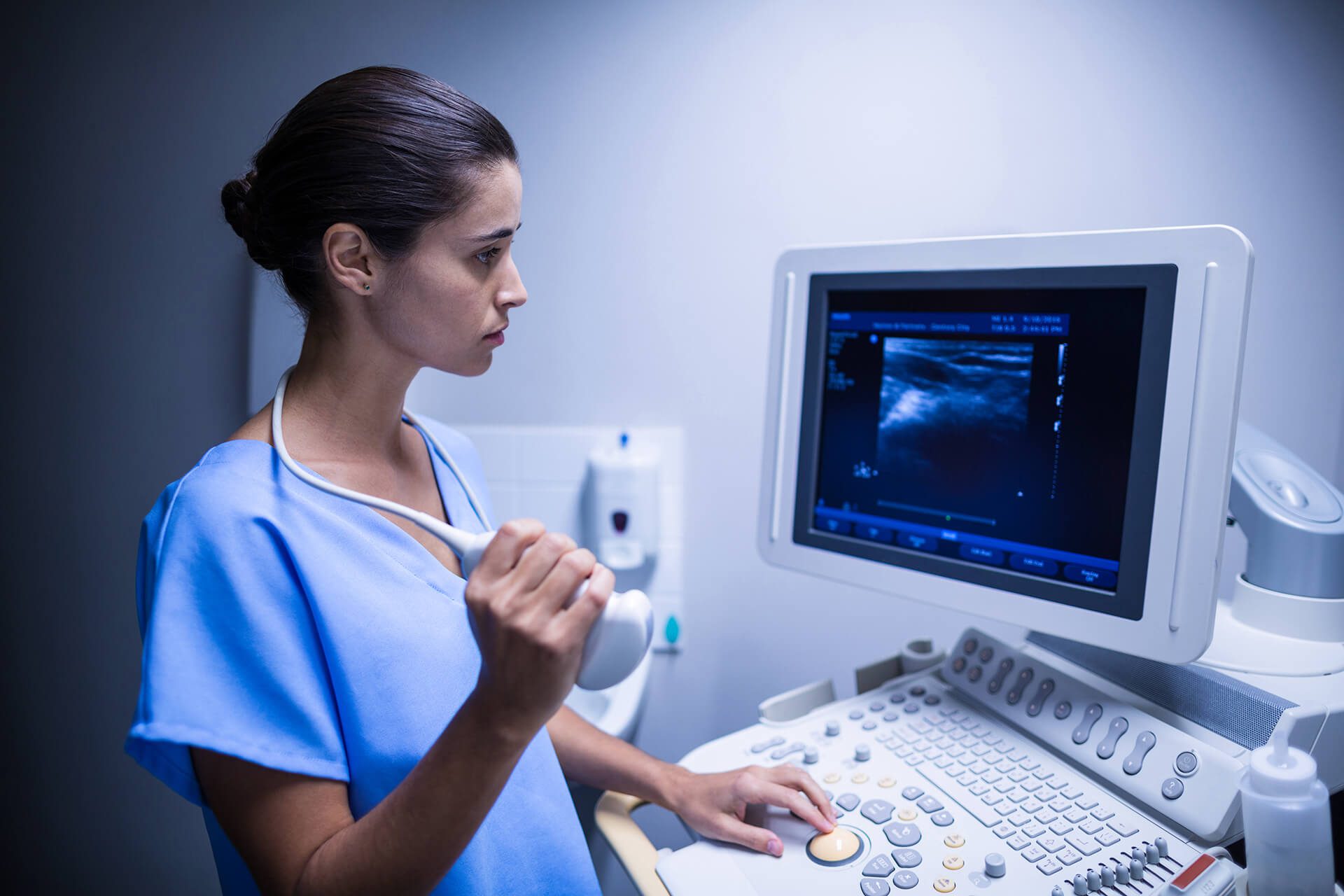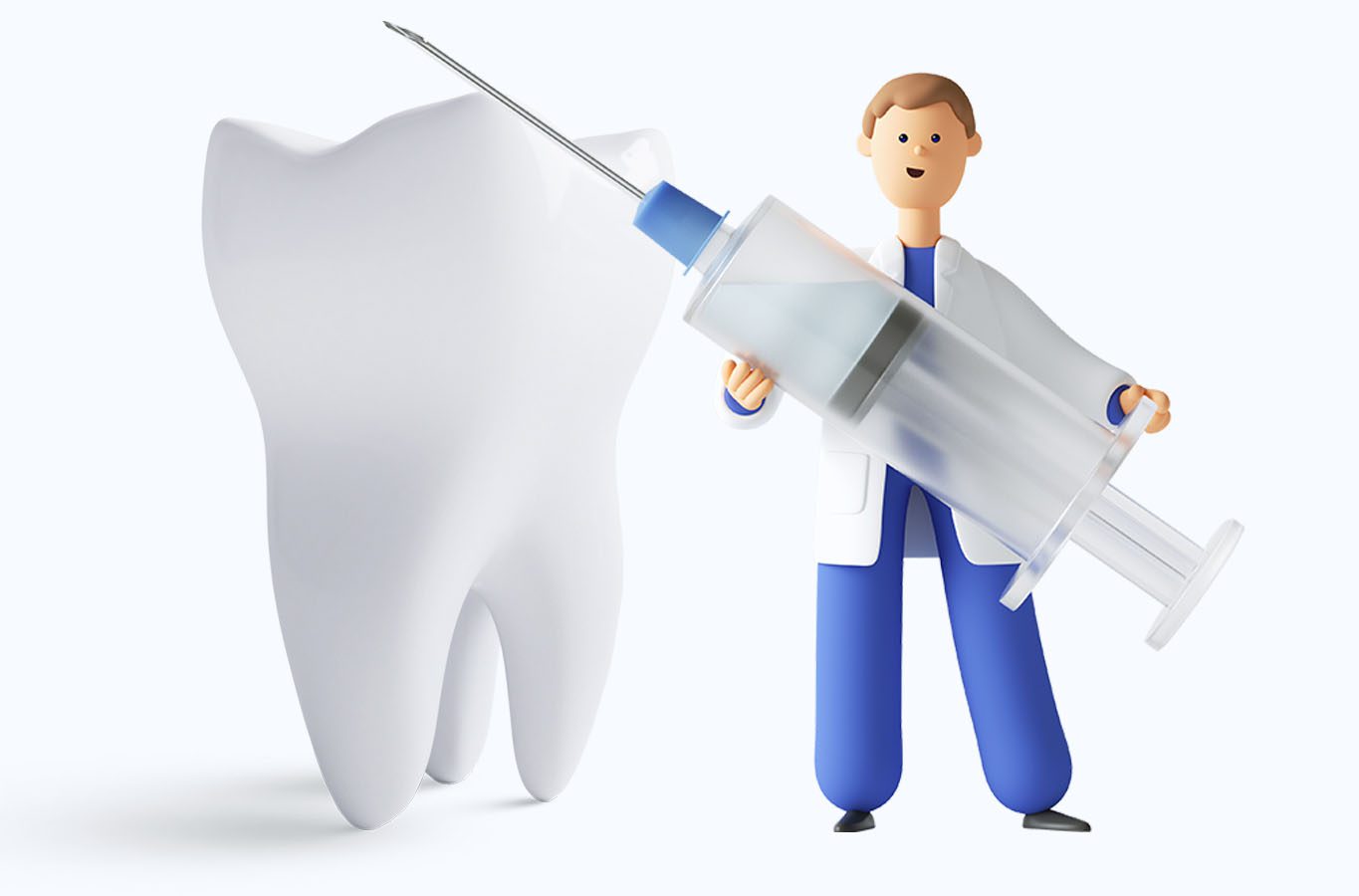Understanding Rosacea: Comprehensive Care in Dubai
Introduction
Skin conditions vary greatly, with some being easily managed at home and others requiring professional attention. Rosacea is one such condition, characterized by persistent facial redness and acne-like blemishes that typically appear after the age of 30. Although its exact cause remains unknown, effective treatments such as Broadband Light therapy, offered by experienced dermatologists, can help manage its symptoms.
What is Rosacea?
Rosacea is a chronic skin condition that predominantly affects the face, especially the cheeks, chin, nose, and forehead, but it can also spread to the neck, back, eyes, scalp, and chest. It is marked by redness, pimple-like eruptions, and fine, spider-like blood vessels that can worsen over time. Environmental triggers such as sun exposure, extreme temperatures, certain foods and drinks, and hair products can exacerbate rosacea flare-ups.
Types of Rosacea
- Erythematotelangiectatic Rosacea: Characterized by redness and visible blood vessels.
- Papulopustular Rosacea: Includes redness along with acne-like breakouts.
- Phymatous Rosacea: Involves thickened skin with a bumpy texture.
- Ocular Rosacea: Affects the eyes, causing redness, irritation, and possible vision issues.
At Dr. Faiez Ghanam Dermatology and Cosmetic Center, we offer personalized rosacea treatments tailored to each patient’s unique needs. If you experience persistent redness or unexplained skin blemishes, our expert dermatologists are here to help.
Recognizing the Symptoms of Rosacea
Early signs of rosacea include frequent flushing or blushing. As the condition progresses, symptoms can become more noticeable and persistent. Key symptoms to watch for include:
Common Symptoms
- Persistent Redness
- Oily Skin
- Acne-like Breakouts
- Visible Blood Vessels
- Skin Sensitivity and Discomfort
Preparing for Rosacea Treatment
Pre-Treatment Care
- Avoid Triggers: Steer clear of spicy foods, alcohol, and extreme temperatures.
- Gentle Skincare: Use non-irritating skin care products.
- Sun Protection: Apply broad-spectrum sunscreen to protect your skin.
Post-Treatment Care
- Sun Protection: Continue using sunscreen to shield your skin.
- Follow Skincare Regimen: Adhere to a skincare routine recommended by your dermatologist.
- Stay Hydrated: Drink plenty of water and maintain a balanced diet to support skin health.
When to Consult a Dermatologist
If you suspect you have rosacea, it’s crucial to consult a dermatologist for proper diagnosis and management. Early treatment can help manage symptoms and prevent the condition from worsening. Seek medical advice if you notice:
- Worsening Symptoms: Such as pimples, bumps, or visible blood vessels.
- Ocular Rosacea: Eye-related symptoms need immediate attention to prevent serious complications.
- Rhinophyma: Advanced symptoms like a large, bumpy, red nose should be addressed promptly.
Diagnosis and Treatment at Dr. Faiez Ghanam Dermatology and Cosmetic Center
Our dermatologists will perform a thorough examination of your skin and eyes, and may conduct tests to rule out other conditions like allergic reactions or lupus. Upon diagnosing rosacea, we will discuss various treatment options to help:
- Minimize Symptoms
- Alleviate Discomfort
- Prevent Condition Progression
Rosacea Risk Factors:
- Age: Commonly affects individuals aged 30-50.
- Skin Type: More prevalent in light-skinned people with blonde hair and blue eyes.
- Genetics: A family history of rosacea or severe acne increases risk.
- Previous Acne: History of acne cysts or nodules can be a precursor.
Conclusion
At Dr. Faiez Ghanam Dermatology and Cosmetic Center, we provide comprehensive care for managing rosacea. Our personalized treatment plans are designed to alleviate symptoms and enhance skin health, helping you achieve clearer, more comfortable skin. If you are experiencing symptoms of rosacea, schedule a consultation with our skilled dermatologists today.








